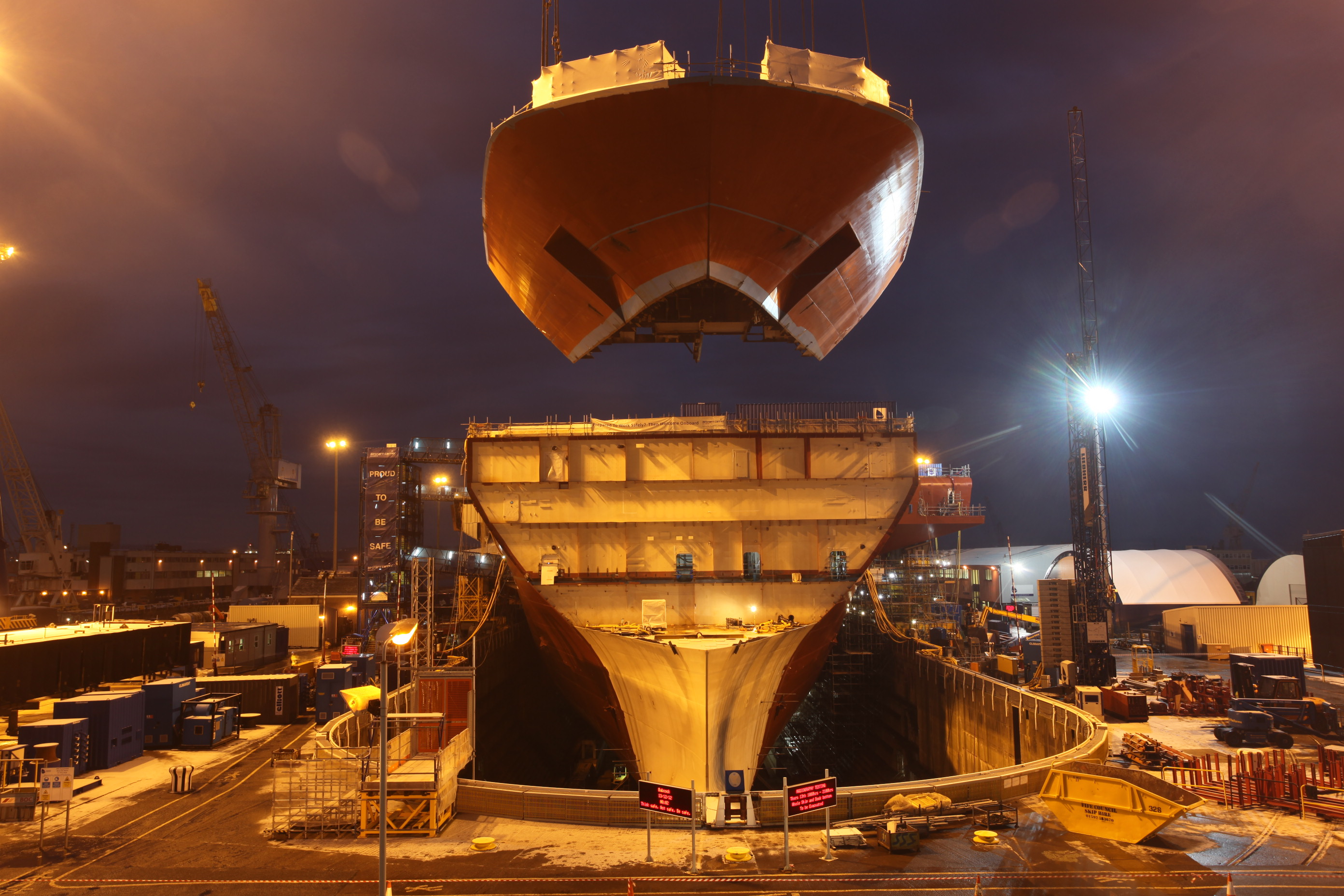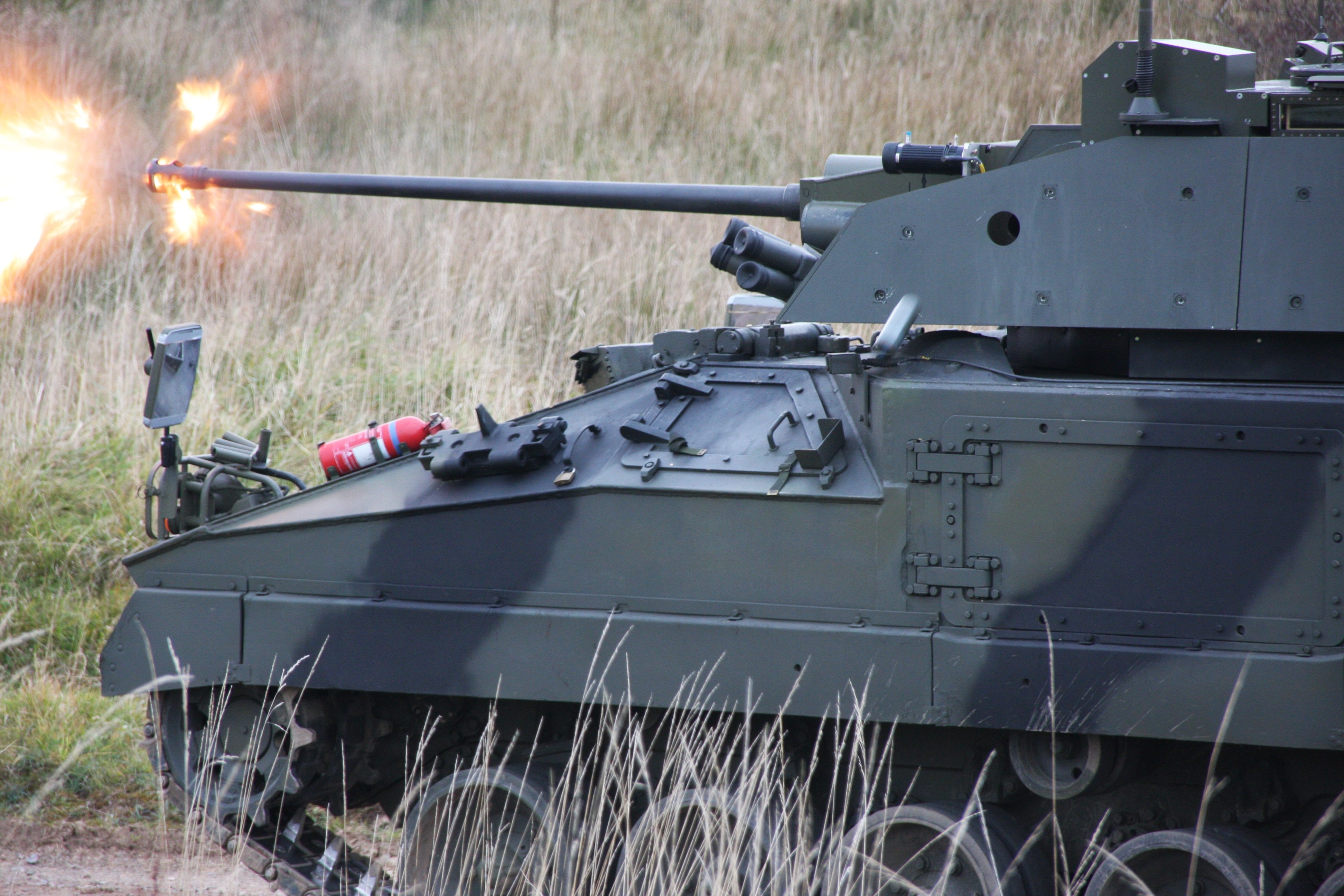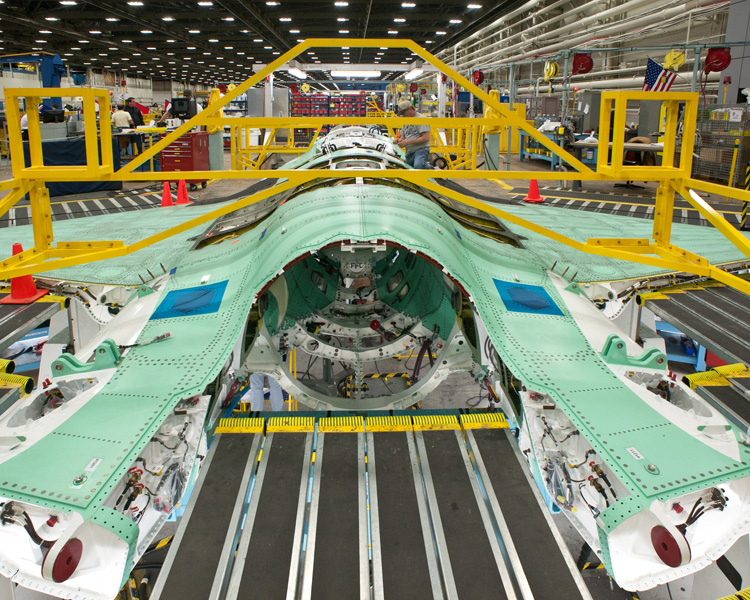Government spending cuts, postponements of military procurement programmes and a scaling back of operations in Iraq and Afghanistan have contributed to the first fall in global arms sales for the top 100 companies since the mid 1990s, the Stockholm International Peace Research Institute said last month (February).
Global sales fell by five per cent in 2011 to $410bn (£265bn) a figure that excludes China, due to lack of available data. The picture in the UK was not so bleak, but remained very challenging, said the UK trade body ADS Group, where revenues remained flat for the year at £22.1bn.
However, Paul Everitt, ADS chief executive, said that while there were likely to be further reductions in domestic spending on defence, there had been a significant increase in export trade, as businesses sought new growth in international markets or new industry sectors, such as cyber security.

’The domestic market is challenging and it is likely that defence procurement in the UK will continue to experience reductions while the Government tackles deficits. However, we are seeing defence businesses roll up their sleeves and seek revenue from alternative streams,’ said Everitt.
Aerospace defence exports increased eight per cent year on year, land defence exports were up by five per cent and maritime exports increased 62 per cent in the past year, according to the ADS Defence Survey 2012.
Among the growth areas at home was the demand for “through life support” as well as the development and installation of new technology on existing equipment. These were important factors when considering future skills requirements, said Everitt.
‘One of the main challenges that industry will face will be working as efficiently and effectively as possible, while making sure that capability is not compromised. To achieve this, the skills of the workforce are critical,’ said Everitt.
The big ticket aerospace and naval equipment projects, including the new aircraft carriers and submarine programmes will always require a stream of top grade engineers. “From an aerospace perspective, the F35 is a cutting edge, fifth generation fighter jet that calls for aero engineers of the very highest calibre across a range of disciplines. The F35 supports an extensive chain and it needs to be furnished with high quality, enthusiastic engineers at every level,” said Everitt.
But the £1bn Warrior upgrade programme to extend the life of the Army’s fleet of infantry fighting vehicles is a good example of a project that involves working with an existing platform.

The programme has recently completed a key design stage at Lockheed Martin UK and is due to finish by 2018. The work includes improvements to the Warrior’s turrets and sensors, boosting its firepower, and the installation of an integrated communications system, and a modular armouring system.
‘Technology insertion into legacy platforms is a crucial element of the work the defence industry does and working around existing equipment is an interesting challenge for engineers,’ said Everitt.
Despite the cuts in defence spending, the general demand for engineers remains strong, according to John Docherty, business development manager for CBS Butler, a technical recruitment agency in the sector.
He said systems engineers, who work at the beginning of the design process to capture a customers requirements and turn them into a technical specification, were particularly sought after. This can be a demanding role, which kick’s off the design process.
‘They have to work closely with customers to assess the viability of their requirements, and how they can be met with the available technology,’ said Docherty.
A prospective candidate should have a good engineering degree or similar in science or physics, and a background in design. But technical ability must be combined with a knack for working closely with people, said Docherty. ‘Relationship building skills are important, they need to have almost a salesman’s approach.’
It’s a combination that is not easy to find. In his experience the demand for systems engineers outstrips supply by a ratio of 10 to one.
Docherty puts this down to a number of factors. First, when it comes to technical expertise, defence customers are increasingly demanding. ‘The Ministry of Defence might require an item of equipment that has to perform just as well in arctic conditions as in the desert. To resolve this complexity requires technical abilities much greater than previously.’
Next is the question of security clearance. Often seemingly small blots on a candidate’s record, such as personal debt, or perhaps something more significant as a county court judgment can cause problems.
Finally, engineers are behaving cautiously when it comes to contemplating a career move. Concerns that a new job might evaporate in the present climate persuade many to stay put. ‘At the moment, the migration of engineers is very difficult to energise. Often, they will say, when we have called them with details of a vacancy, call me back in a year,’ said Docherty.
The ability to secure engineers with the right skills is essential for advanced technology companies to stay competitive. In some areas of expertise, however, its impossible to get the right kind of skills through direct recruitment, and businesses turn to the more reliable, if long-term option of apprenticeships.

Richard Hamer, Director of Education at BAE Systems, said apprenticeships were a highly versatile and productive tool for supplying engineers to all areas of the business. ‘Apprenticeships are central and critical to ensure our engineering capability going forward. For example in nuclear engineering its difficult to recruit the skills we need and so it is easier to develop them ourselves.’
The company has eight apprentices on its nuclear engineering course at Barrow-in-Furness, which is run in partnership with the University of Central Lancashire. Overall, this year’s intake will be the largest in five years. The company plans to recruit 387 engineering and business apprentices in the UK, 60 more than last year. Hamer said the programme supplied engineering skills in the short term, and also prepared people to go on to become supervisors, managers and senior managers later on. ‘Apprenticeships are not necessarily a low skill option, they are a vehicle for progression through the company.’
The company’s Project Control Foundation Scheme, a project management degree course, which is run in partnership with Blackpool University, now has 30 students. Hamer said this level of on-the-job training was more effective than graduate recruitment at turning out productive workers. Graduates, he said, often required a couple of years intensive training before they could become truly useful to the business. ‘If we take people from sixth form, they are still young and we can mould them and they also become productive much earlier.’
By year two, Hamer said apprentices were reckoned to be “40 per cent productive”, by year three, that was 60 per cent, and in the final year fully productive. ‘By then managers around the business want them,’ he said.
Another high-tech arm of the company which has recently acknowledged the value of apprenticeships is BAE’s Detica business, which develops and tests software for the security services. Until the year before last Detica had only employed graduates, but then took on 10 apprentices. This year it will take another 10.
But that is just the beginning, said Hamer. “There is certainly an ambition there to expand.”
That sense of ambition seems to remain strong throughout the UK sector. So while conditions get tighter, companies are striving to develop the right skills to remain competitive, and seek new markets to find growth, all of which creates opportunities for engineers.
CLICK HERE TO VIEW THE LATEST CAREER OPPORTUNITIES IN THE DEFENCE SECTOR




Glasgow trial explores AR cues for autonomous road safety
They've ploughed into a few vulnerable road users in the past. Making that less likely will make it spectacularly easy to stop the traffic for...